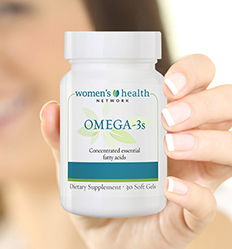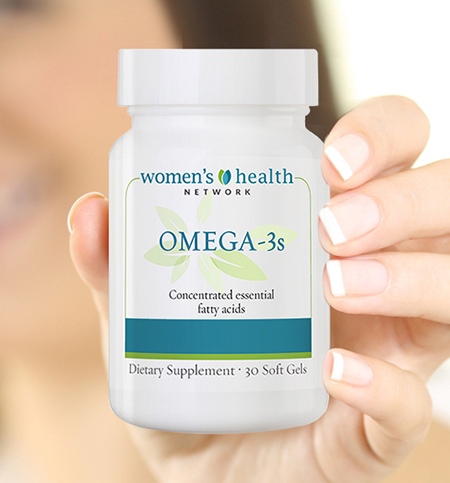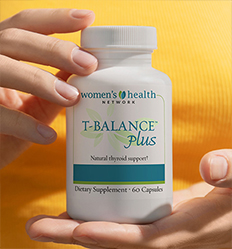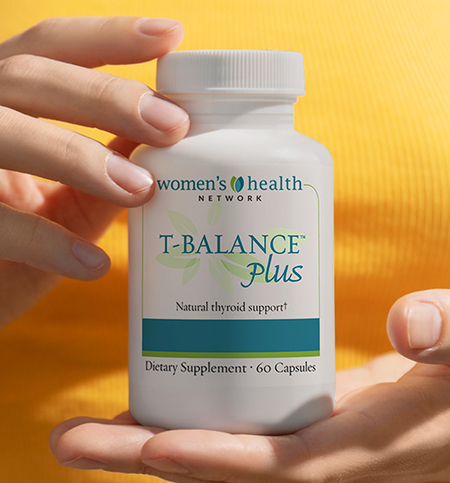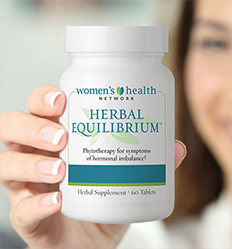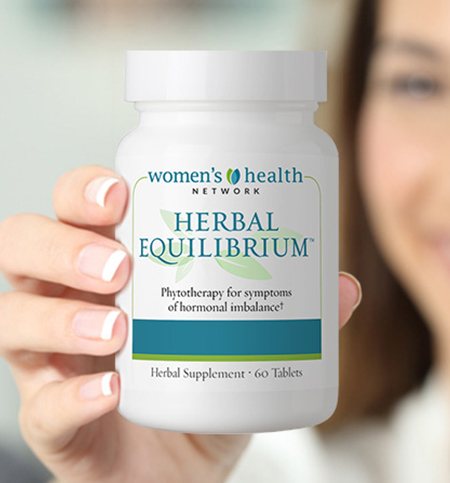Authored by Dr. Mary James, ND
Estrogen doesn’t just occupy itself with female fertility. It’s a powerful hormone with many jobs. One of its other vital functions is stimulating collagen and oil production in the skin — helping skin cells stay plump, moisturized and youthful-looking.

In menopause, estrogen levels fluctuate and eventually drop overall. This begins to slow sebum production and accelerate collagen loss in your skin. The result can be skin that’s dry, flaky — and even itchy. These losses also thin the skin and disrupt its natural barrier against the outside world, making it more susceptible to water loss, inflammation and dermatitis.
But here’s some good news. Turning dry skin into smoother, fresher-looking skin is completely doable during menopause. All it takes are some simple steps!
5 ways to get your glow back — naturally
1. Give your collagen levels a nutritious boost: Collagen is a protein manufactured by the body that provides structure and elasticity to skin. You can help your body make more collagen by eating foods rich in Vitamin C and sulfur — two building-blocks of collagen. Foods high in Vitamin C include red peppers, strawberries, guava, kale and citrus. For sulfur-rich foods, try broccoli, cauliflower, arugula and garlic. Bone broth is a direct source of collagen, which is available commercially or can be made at home by simmering bones on the stove.
2. Replenish your “inner oil well:” Take a good omega-3 supplement that includes eicosapentaenoic acid (EPA). EPA offers special benefits to skin by regulating oil production and blocking enzymes that diminish collagen levels. Because it’s an antioxidant and anti-inflammatory agent, EPA also helps repair and protect damaged skin. Good dietary sources of EPA include oily fish like wild-caught salmon. Another oil your skin will love is gamma-linolenicacid (GLA). Sources include borage oil and black currant seed oil.
3. Skip the chemicals in skin care products: Many bath soaps, skin lotions and other skin care products contain chemical ingredients that remove natural oils and dry out your skin. Prime skin irritants to avoid include sodium lauryl sulfate (SLS), the chemical compound that makes soaps and shampoos foamy, and triclosan, a common ingredient in antibacterial soaps and deodorants. Also steer clear of synthetic dyes and preservatives. Look for skin care products that cut out these synthetic chemicals and use natural, skin-friendly ingredients such as shea butter or coconut oil.
4. Keep your skin hydrated: Drink adequate water over the course of the day, but also avoid the dehydrating effect of frequent hot baths or showers. After cleansing your skin, apply moisturizer immediately while your skin is still moist, as this will help lock in extra moisture.
5. Ditch the itch: For instant relief from itchy skin, add a scoop of oatmeal to your bath. Oatmeal contains soothing plant chemicals called avenanthramides (derived from the name for the oat plant: Avena sativa) that help reduce itchiness and inflammation. Lactic acid in milk is another dry skin soother. Cover an itchy patch of skin with a cloth soaked in milk and see if it offers some relief. (Leave it on for about 5 minutes.)
6. Check your thyroid: Many women develop problems with their thyroid in menopause, but symptoms of low thyroid — like dry, dull skin — can be easy to miss because they overlap with menopause symptoms. If you are feeling fatigued, sluggish and cold all the time, and have noticed not only changes in your skin but also in your fingernails (i.e., brittle nails) and hair (thinning and brittle hair), it’s time to check your thyroid function.
7. Support your overall health: To a large degree, our skin reflects our internal health. A diet loaded with fast foods and sweets will impact your skin, as will inflammation, accumulation of toxins, chronic sleep deficits and excessive stress. Nutrition matters! Your Vitamin D level, for example, correlates directly with your skin’s ability to stay hydrated. Attend to your overall health, and your skin will thank you!
Bonus tips! Taking care of your hormones during menopause makes a big difference in how you experience this time of transition. Being in any kind of state of hormonal imbalance can make menopause symptoms that much worse. Are you experiencing hot flashes? Gaining weight? Feeling irritable all the time? AND your skin is dry?
These are all signs that you probably have an imbalance (typically involving estrogen) that could use some added support to correct. Here’s the truth — when you address what’s happening on the inside during menopause, you will like what you see on the outside a lot more.
 | Wonder what your symptoms are telling you? Take our quick Hormonal Imbalance Quiz to find out. |
https://www.ncbi.nlm.nih.gov/pmc/articles/PMC2762386/
https://www.ncbi.nlm.nih.gov/pubmed/?term=23112909







